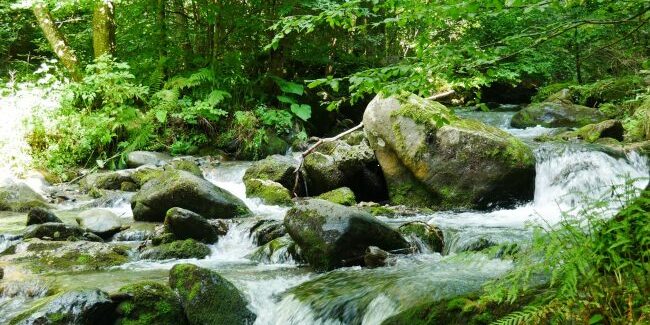On 20 August 2024, the Kosovo Environmental Protection Agency (KEPA) shared a post on its Facebook page and rejoiced that “The implementation of the Kosovo riverbed cleaning project has started“.
The photos accompanying the post give a better idea of what we are talking about: in order to get rid of the waste littering the rivers, excavators are scraping the bed and banks, eliminating the waste, but also all aquatic life. Some trees bordering rivers also appear to have been cut down.
What might seem like a good idea is in fact an ecological aberration, and would be illegal under European Union law, the union that Kosovo wishes to join.
Indeed, the Water Framework Directive requires Member States to take the necessary actions to ensure that their waterways achieve a good ecological and chemical status. Cleaning the riverbed with an excavator is a brutal act for aquatic biodiversity: in addition to the direct destruction of aquatic insects, fish and aquatic plants by the action of the excavator and the removal of the substrate, the habitat of these species is completely destroyed and the recolonization of the “cleaned” parts of the river will then require years. These actions degrade the ecological state of the river and are therefore against European regulations.
Rivers are ecological corridors and ecosystems that are essential for biodiversity but also for humanity through the ecosystem services they provide. An unchanneled river, flowing in its natural bed and bordered by natural meadows, provides many services: protection against floods and droughts, self-purification of water, a place to enjoy nature or fishing, a source of drinking water, and a water reserve for agricultural irrigation… The brutal dredging of watercourses reduces or cancels some of these services: in the absence of aquatic plants, self-purification is no longer possible, and the quality of the water is degraded; the re-digging of the bed can be accompanied by erosion and sinking of the riverbed, thus compromising the capacity of rivers to play their role of regulating floods and droughts (by disconnecting the river from adjacent wetlands); and fishermen will have to wait a long time for fish whose habitat has been destroyed.
This action against the rivers adds to the long list of pressures that rivers in Kosovo are subjected to: channelling and concreting, micro-hydroelectric power stations, … It is time that the public authorities become aware of the importance and services provided by these ecosystems and protect and restore the rivers. The accumulation of waste in Kosovo’s rivers is of course another pressure and a huge problem that needs to be solved. However, since waste collection and treatment are not well implemented in Kosovo, this river cleaning is not even a definitive and effective solution to combat the scourge of waste pollution. It is likely that in a few years, or even months after these spectacular and destructive river cleaning actions, the rivers will once again be drowned in waste… and devoid of biodiversity to boot.






